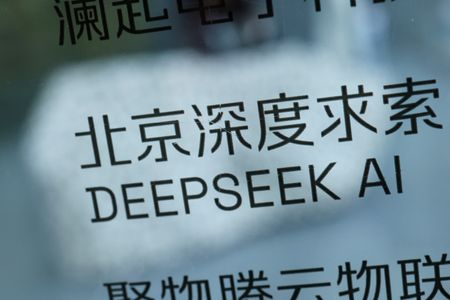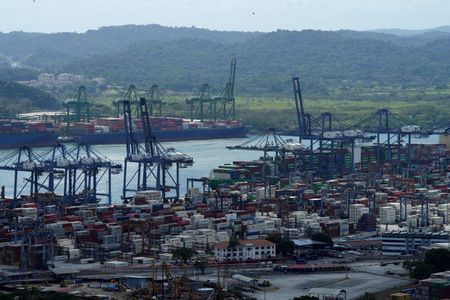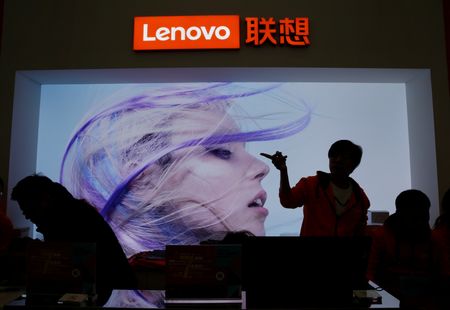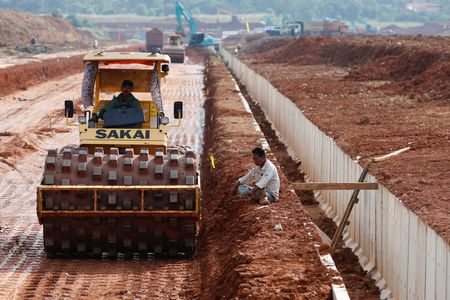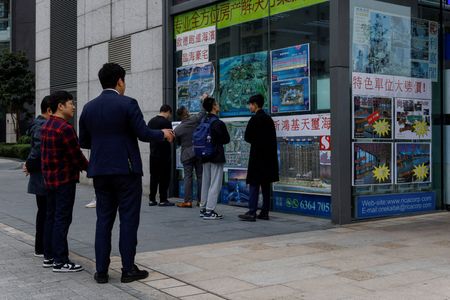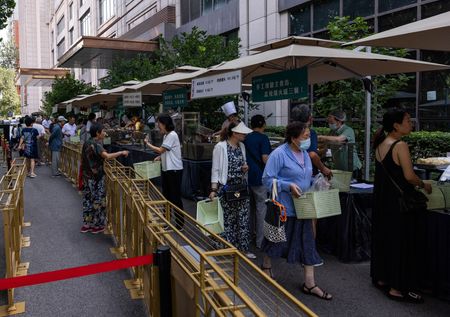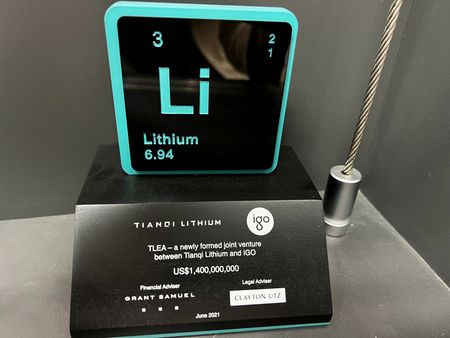SEOUL/NEW DELHI (Reuters) -South Korea’s government will announce a plan this month to restructure the country’s petrochemical sector, which is in a “grave” situation, Industry Minister Kim Jung-kwan said on Thursday.
South Korean petrochemical companies must take lessons from the restructuring of the country’s shipbuilding industry in the late 2010s, when shipmakers had to liquidate assets and streamline business areas amid a sharp drop in orders, Kim said.
Margins have plunged for petrochemical companies in South Korea and across the globe due to an oversupply of products caused by relentless capacity additions in the last decade, particularly in China, the biggest petrochemical market. Demand has also been sluggish over the last three to four years.
“A restructuring in the petrochem industry has been highly expected, given the industry is running merely 80% of total capacity in Korea now – meaning we have about a 20% glut here,” said Hwang Kyu-won, an analyst at Yuanta Securities Korea.
Kim, who was speaking at a shipyard, said the petrochemical industry needed to take voluntary measures, including the “adjustment” of facilities, his ministry quoted him as saying.
There have been concerns as well over the financial health of South Korea’s loss-making Yeochun NCC Co (YNCC), a Yeosu-based petrochemical maker that local media says faces 180 billion won ($130 million) in loans coming due at the end of August.
South Korea’s government can use YNCC’s travails as an opportunity for a large-scale restructuring in the industry, said the analyst Hwang.
Analysts say the industry does not expect global petrochemical margins to recover before 2027. The last major restructuring for South Korea’s petrochemical industry was in 1999 during the Asian Financial Crisis, when YNCC was formed.
President Lee Jae Myung, who took office after a snap election in June, pledged during his campaign to pursue tax support for mergers and acquisitions in the petrochemical industry, and to exempt companies from antitrust regulations to allow more coordination of production and operations.
South Korea’s exports of petrochemical products stood at $21.7 billion in the first half of this year, down 11.1% from a year earlier, amid price declines and global oversupply.
Total exports of petrochemical products were $48 billion in 2024, accounting for 7% of South Korea’s total exports and a top-five export item after semiconductors, automobiles, machinery and petroleum products.
South Korea is one of the world’s largest importers of naphtha, a derivative of crude oil that is refined into chemical products used in plastics for automobiles, electronics, clothing and construction. If the country is forced to cut capacity, it could impact global oil markets.
Other South Korean petrochemical companies besides YNCC are also seeing asset reshuffling.
HD Hyundai is looking to acquire Lotte Chemical’s naphtha cracker, or the companies may merge their cracker operations, trade sources have said.
HD Hyundai said nothing has been decided yet.
($1 = 1,381.3000 won)
(Reporting by Jack Kim, Jihoon Lee, and Heejin Kim in Seoul, Mohi Narayan in New Delhi and Florence Tan in Singapore; Writing by Josh Smith; Editing by Ed Davies and Tom Hogue)


